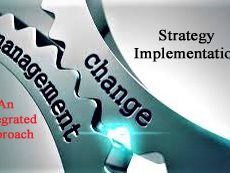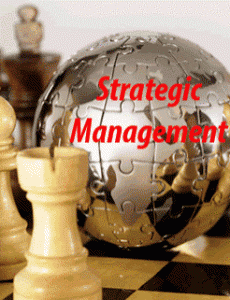
An Integrated Approach to Strategy Implementation and Change Management – From the Legal Industry to Financial Services to Health Care: ‘a fundamental leadership and management skillset’
Organizations across the board[1] are hemmed in by heightened volatility, shifting economic and political realities, evolving competition and technology, and a world of increasing complexity, uncertainty, and rapid change – dynamics that collectively mean that organizations must adapt and restructure, and do so more frequently, more thoroughly, and faster than ever before[2]:[3] “In today’s environment…













